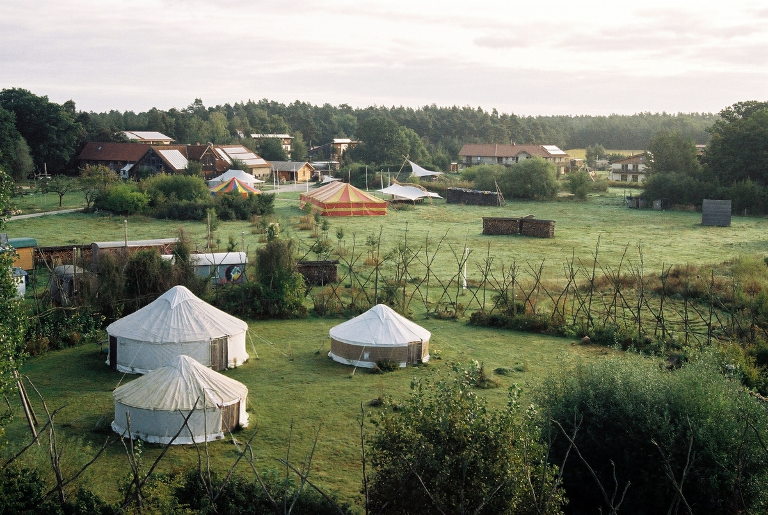If we modern humans are, in effect, addicted to power, perhaps we need something like a collective twelve-step program.
This article, the third in a series, is based on the author’s forthcoming book, POWER: LIMITS AND PROSPECTS FOR HUMAN SURVIVAL. You can read the first article in the series here, and the second here. For information about the book and how to join a pre-release reading and discussion group, please go to postcarbon.org/power.
Do some people have too much power over others? Do we humans have too much power over the natural world? These questions get to the heart of our biggest global problems. They also force us to think critically about the way society is organized, and about our own behavior. We often tend to give knee-jerk answers, but too much is at stake for that. We need to think critically and contextually.
First, what do we mean by power? While the word is used many ways, there are primarily just two kinds of power: physical power and social power. Physical power can be defined as the rate of energy transfer, or as the use of energy to do something; social power is the ability of one person or a group to influence the thoughts and behavior of others.
Nature provides examples of excessive physical power. The wildfires in Sonoma County, California, where I live, can burn with many gigawatts of power. A gigawatt of electrical power that’s controlled via power lines, transformers, and circuits can supply light, heat, and internet connections to a small-to-medium-sized city. A gigawatt of radiative power unleashed in a firestorm can torch that same community in just a few hours. We humans can likewise physically overpower our surroundings by using the concentrated energy of fossil fuels to over-harvest natural resources, or by dumping wastes in quantities that nature can’t harmlessly absorb.
…click on the above link to read the rest of the article…
